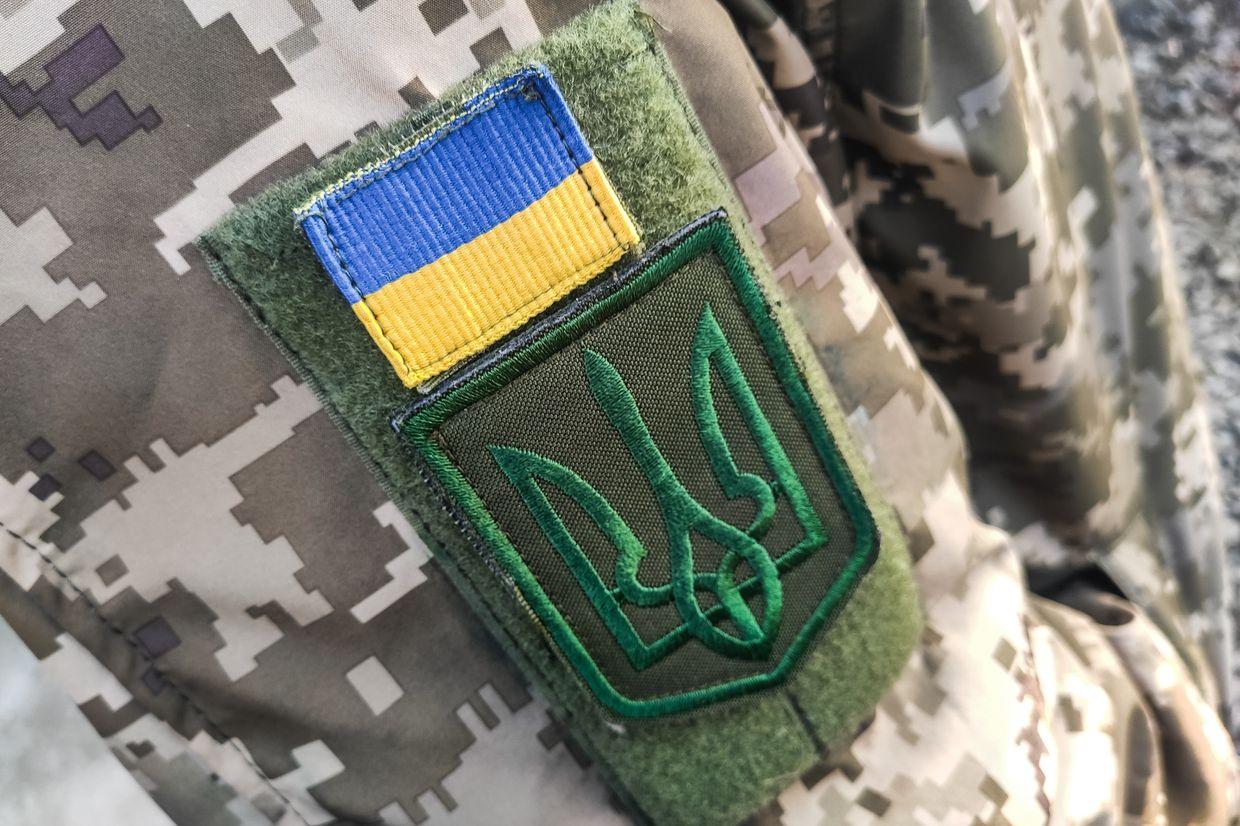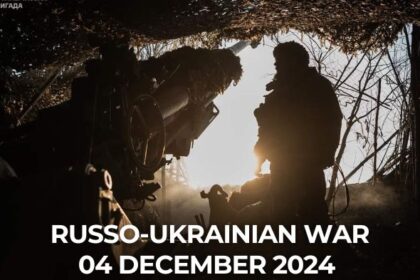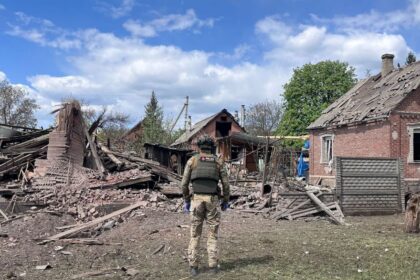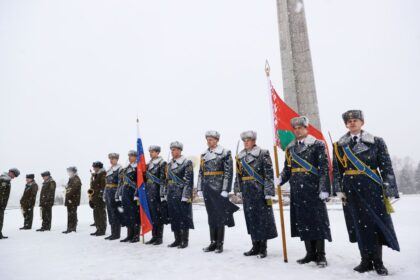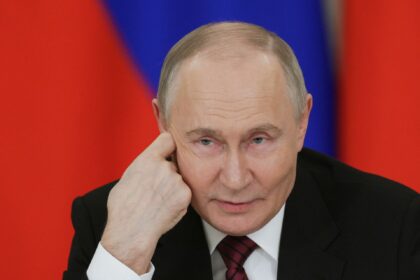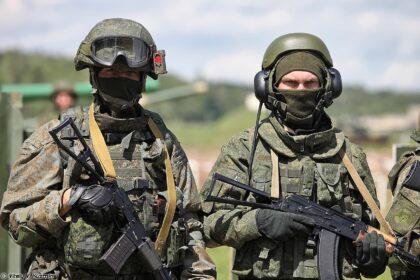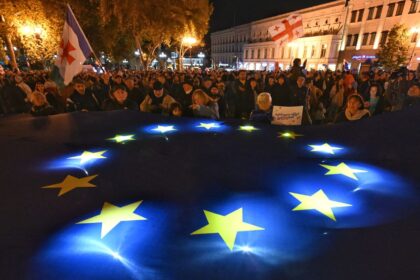**Ukrainian Soldier Dies Weeks After Release from Russian Captivity**
A 57-year-old Ukrainian soldier, Valery Zelensky, has died just 22 days after his release from Russian captivity. According to Ukrainian media outlet Suspilne, Zelensky spent 39 months in Russian hands before being released as part of a landmark prisoner exchange deal on May 25.
Zelensky’s family had not heard from him for some time, and he was considered missing in action during the early days of Russia’s full-scale invasion. His unit had delivered weapons to Ukrainian forces in Mariupol at the beginning of the conflict. When volunteers were called upon to go on the assault, eight out of 40 people agreed, including Zelensky.
The family received only one letter from Zelensky during his years in captivity, and he was listed on prisoner exchange lists but did not return until this year. His daughter, Valeria, said that her father had been overjoyed to come home and meet his grandson for the first time. However, despite his happiness, Zelensky’s condition quickly deteriorated after release.
**Torture and Medical Neglect**
Zelensky died in intensive care days after doctors initially treated him for suspected pancreatic issues. A medical report listed extensive injuries, including a non-functioning shoulder and arm, as well as signs of multiple organ failures. Valeria Zelenka said that her father had told her about the torture he endured during his captivity.
“He told me, ‘Daughter, I endured it because of Kyokushin (a style of karate). I have discipline, I’m tough. My body and muscles protected me,'” she quoted her father as saying. Valeria also shared that her father had said three people died among them from torture during their captivity.
**A Larger Issue**
Zelensky’s death is not an isolated incident. Several Ukrainian soldiers who were released from Russian captivity have died in the months following their release. These cases highlight the widespread and systematic torture of prisoners of war (POWs) in Russian prisons, reported by the U.N.
Other examples include Serhii Dobrovolskyi, a Ukrainian soldier who died just a month after his release at the end of May as part of a 1000-for-1000 prisoner swap; Oleh Mudrak, a high-ranking officer from the “Azov” brigade who died at 35 years old months after his release; and Dmytro Shapovalov, a 32-year-old defender of Ukraine who was exchanged in 2023 but died on June 9.
**The Need for Accountability**
Ukrainian officials and human rights groups have consistently reported that Ukrainian prisoners of war held in Russian captivity often face torture, abuse, and medical neglect. The international community has condemned these actions, and calls are growing for accountability from Russia.
French Foreign Minister Jean-Noel Barrot stated that Europe is preparing to introduce the toughest sanctions imposed in the last three years to stop the ongoing conflict. U.S. President Donald Trump also weighed in, saying that the war “cannot continue; it must stop.”




